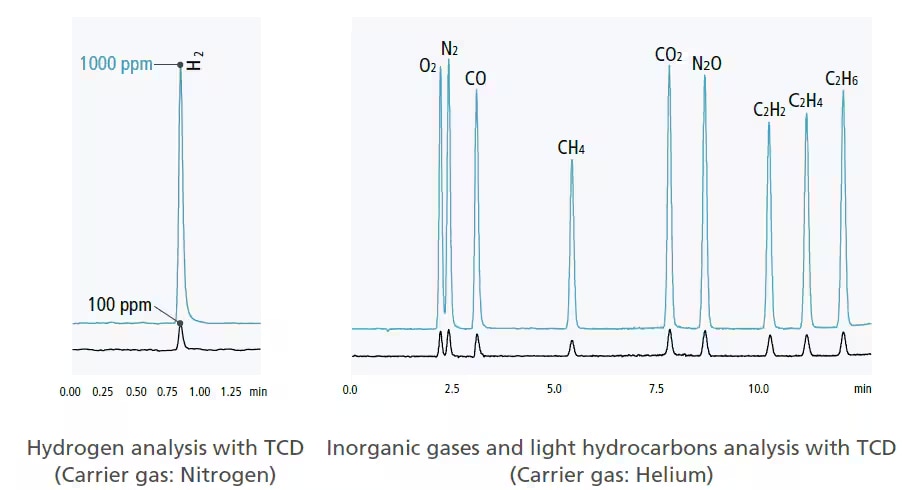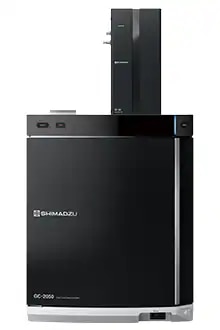Brevis™ GC-2050 - Applications
Gas Chromatograph
Pharmaceutical
Residual solvent analysis in pharmaceuticals according to USP <467> using H2 carrier gas
Shown here are the results from an analysis of a standard solution for operating method A (water-soluble samples). In the analysis of carbon tetrachloride, which requires sensitivity confirmation, against residual solvents in Class 1, a good S/N ratio was achieved. Furthermore, excellent separation analysis is possible for Methyl Isobutyl Ketone (MIBK), which has been added to the Class 2 list.
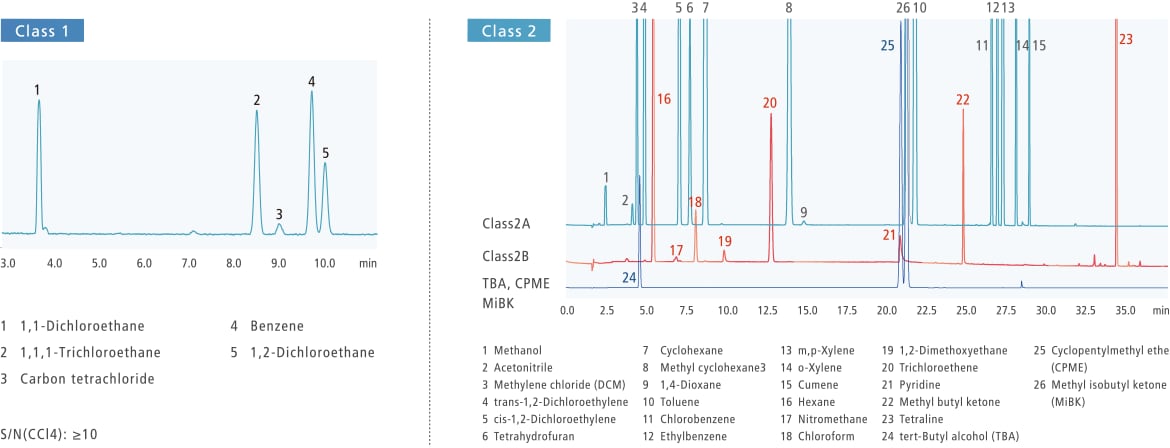
GX (Green Transformation)
Analysis of Inorganic Gases and Light Hydrocarbons Using GI-30 Auto Gas Sampler
-
The redesigned new Thermal Conductivity Detector (TCD) and Shimadzu's unique Barrier Discharge Ionization Detector (BID) allow the analysis of compounds from trace to high concentrations (sub-ppm to percentage levels). Combined with the new GI-30 auto gas injector, it supports various gas analysis needs. The GI-30's features to prevent adsorption and maintain temperature ensure high accuracy. The chromatogram below shows results using the GI-30 and TCD detector on the Brevis.
-
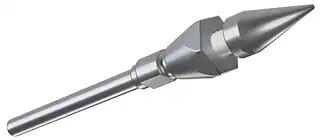
captionText
Analysis of Trace Carbon Monoxide (CO) in Hydrogen Fuel Using Jetanizer The Jetanizer is an FID nozzle methanizer that can convert CO and CO2 to CH4. Using the Brevis GC-2050 and the Jetanizer, Carbon Monoxide (CO), an impurity in hydrogen fuels, can be analyzed and detected with high sensitivity at 0.2 ppm, the concentration permitted in the ISO 14687-2019.
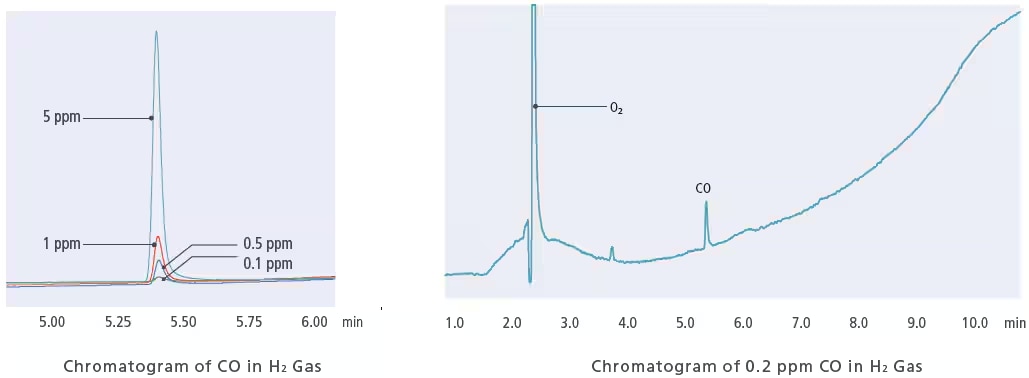
-
Chemicals, Fragrances, and Food Products
Simultaneous MS and FID Analysis of Cypress Oil Using a Detector Splitting System
-
The detector splitting system allows you to obtain data from multiple detectors simultaneously in a single measurement. By analyzing hinoki oil with the MS and FID detector splitting system, we monitored key components using the FID, which provides excellent linearity, and identified other unknown components with the MS.
-
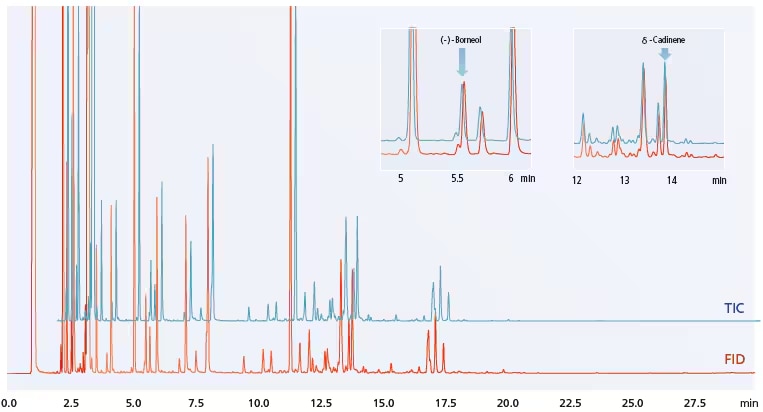
- Fig. 6 Cypress Oil (Shimadzu) FID and TIC Chromatograms
Environmental
-
Fast analysis of Total Petroleum Hydrocarbon (TPH) using H2 carrier gas with dual injectors
Despite its compact body, the Brevis GC-2050 is capable of simultaneous dual-line analysis. In this example, dual-line, high-speed TPH analysis was performed to maximize analytical throughput with a single GC.
-
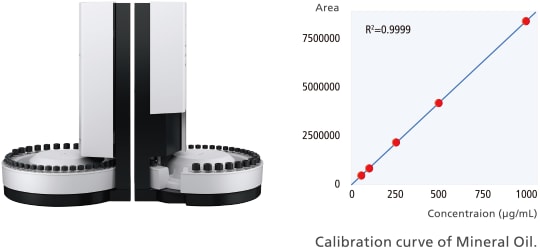
-
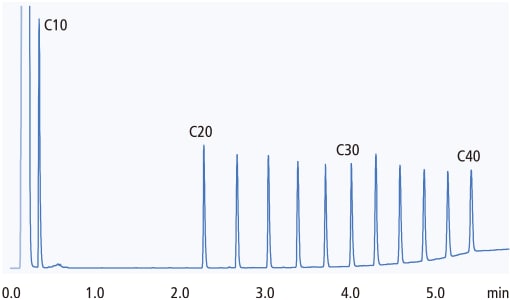
Chromatogram of n-alkane mixture samples
-
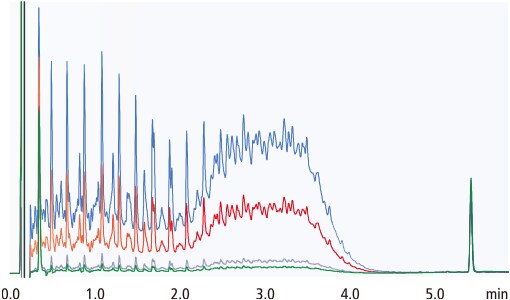
Overlaid chromatograms of QC standard solutions




